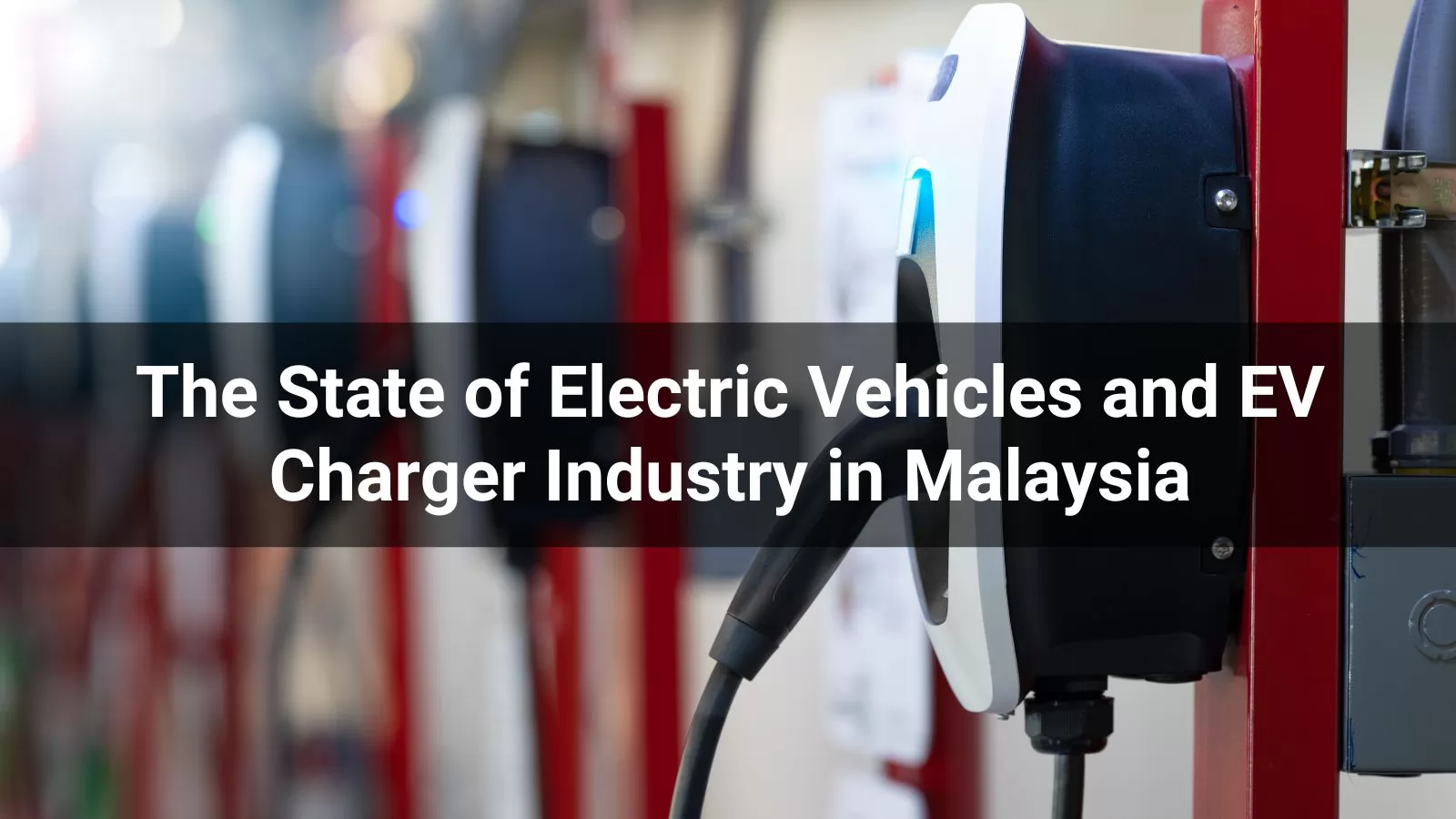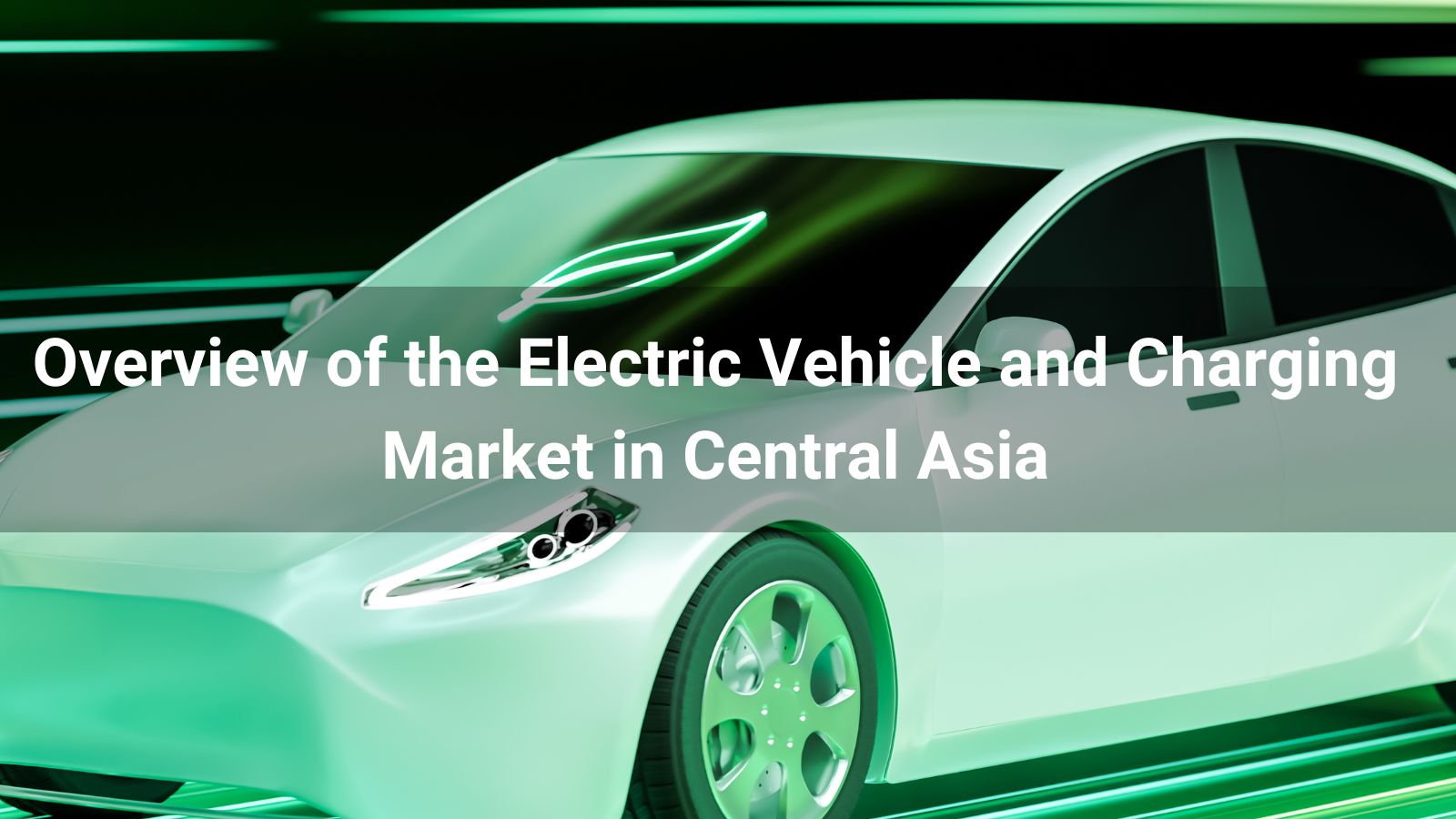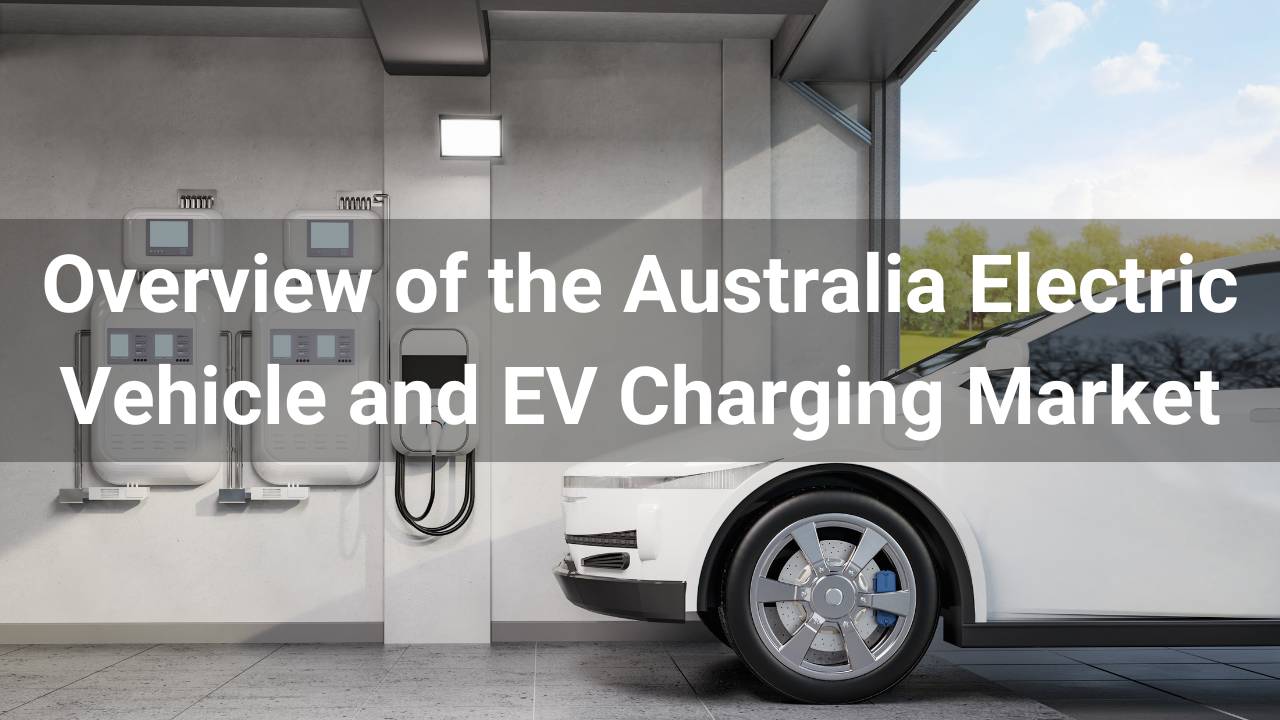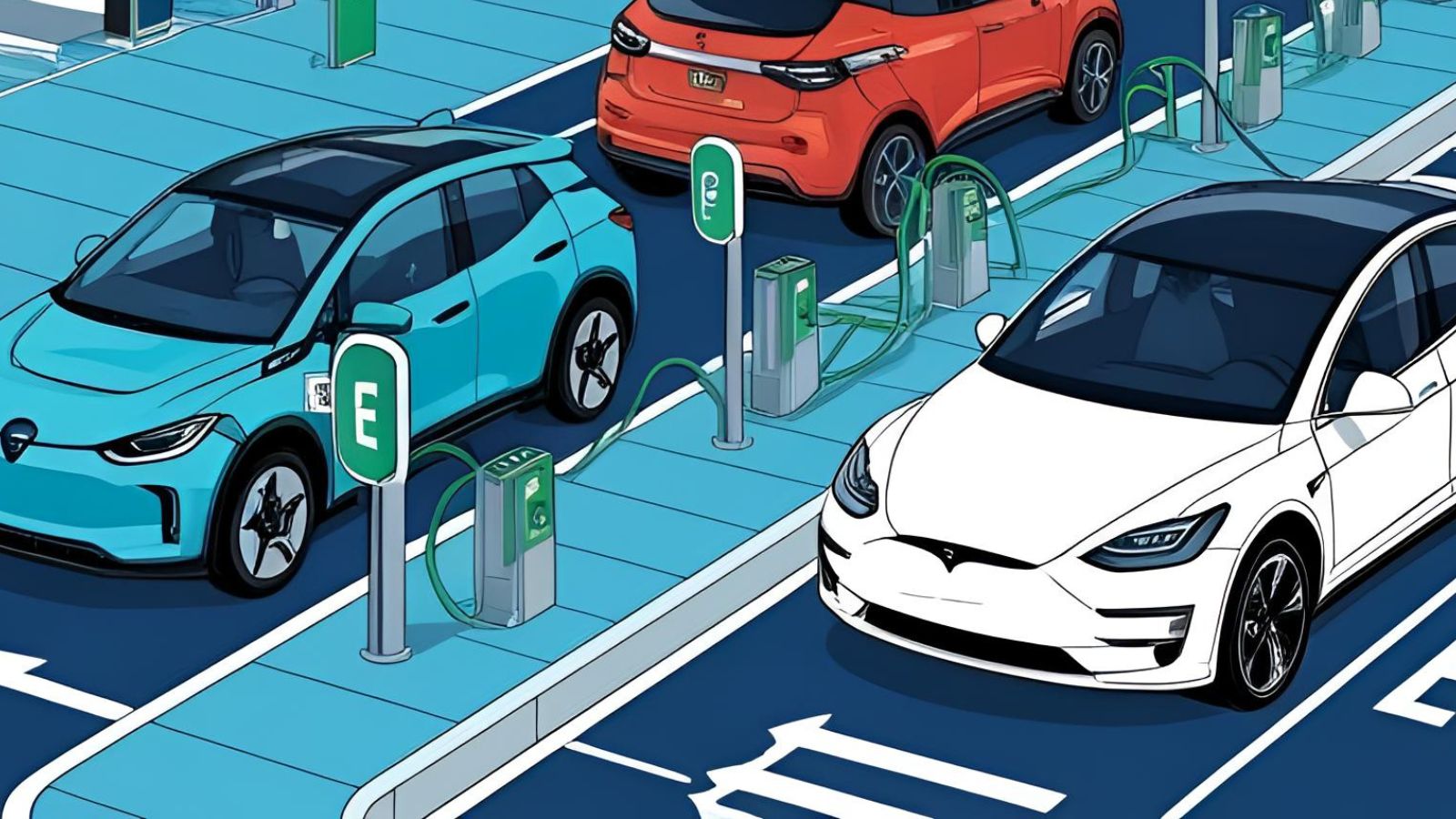The State of Electric Vehicles and EV Charger Industry in Malaysia
This report analyzes the development of the electric vehicle (EV) and EV charger industry in Malaysia. By examining market growth, policy environment, electric vehicle trends, EV charger distribution, and industry challenges, this report provides insights into the current state of the industry. It aims to offer valuable information for practitioners, investors, and policymakers to seize opportunities and address risks in the Malaysian electric vehicle and charger market.

1. Current Situation of the EV Market in Malaysia
EV Stock and Market Growth
As of 2025, Malaysia’s electric vehicle market remains in its early stages, with approximately 25,000 EVs (including pure electric vehicles - BEVs and plug-in hybrid electric vehicles - PHEVs) on the roads. However, the growth outlook is positive, with a compound annual growth rate (CAGR) exceeding 30% in the coming five years. The growth is driven by favorable tax incentives, an increasing number of available EV models, and greater public awareness of the environmental benefits of electric vehicles.
Charging Infrastructure Stock
Charging infrastructure remains an area of focus. Over 1,000 public EV charging points have been installed across Malaysia, mainly concentrated in urban centers and along major highways. However, this number lags behind regional leaders such as Singapore and Thailand, indicating a need for further expansion.
Market Dynamics
The electric vehicle market experienced explosive growth in 2025, with new registrations rising by 200% compared to the previous year. This surge is attributed to tax incentives, a growing selection of EVs, and increasing awareness about the advantages of electric vehicles, particularly in urban areas.
2. Policy Environment Supporting EV Adoption
The Malaysian government has rolled out a series of pro-EV policies, including:
- Sales Target: The government aims for EVs to account for 15% of new car sales by 2030, with that figure increasing to 38% by 2040.
- Tax Incentives: EVs benefit from exemptions on import and sales taxes, and road tax reductions, incentivizing consumers to transition to electric mobility.
- Subsidy Policies: Financial subsidies are available for both EV manufacturers and companies building charging infrastructure, encouraging private sector investment.
- Charging Infrastructure Expansion: As part of the "Low Carbon Mobility Blueprint 2025-2030," Malaysia plans to establish 10,000 charging stations by 2030.
These initiatives create a conducive policy environment for the development of the EV industry and encourage market players to ramp up their investments in EVs and charging infrastructure.
3. EV Brand Landscape in Malaysia
The Malaysian EV market is characterized by competition from both international and local brands:
-
Tesla: Tesla has made a significant entry into Malaysia, offering models like the Model 3 and Model Y. Tesla's strong brand recognition, technological innovation, and high-end EV features appeal to consumers seeking advanced electric vehicles.
-
BYD: Chinese brand BYD has become a key player in the affordable EV segment, offering models such as the Dolphin, Yuan Plus, and Atto. In 2025, BYD captured more than one-third of Malaysia’s BEV market, thanks to its advanced battery technology and diverse model range.
-
Hyundai: Hyundai’s Ioniq 5 and Kona EV cater to the high-end and mid-range market, benefiting from the brand’s strong reputation and advanced electric technology.
-
Proton: As a local automaker, Proton is actively planning to introduce affordable electric vehicles by 2025. In collaboration with Geely, Proton launched its first EV, the e.MAS, marking a significant step in Malaysia's EV transition. Perodua, another local player, is also accelerating EV development.
The presence of these brands helps diversify Malaysia’s EV market, offering consumers a variety of options across price points and vehicle types.
4. EV Charger Market Landscape
Distribution of Charging Infrastructure
The EV charger market in Malaysia exhibits uneven distribution across regions:
-
Urban Areas: The bulk of the charging stations are concentrated in Kuala Lumpur and Selangor, which together account for more than 60% of the country's charging infrastructure. These areas include locations with high foot traffic and long vehicle dwell times, such as commercial centers, office buildings, and residential areas.
-
Highways: Fast-charging stations are strategically placed along major highways, such as the PLUS Expressway, enabling long-distance travel.
-
Residential and Commercial Areas: While residential areas are still catching up in terms of EV chargers, commercial establishments like shopping malls and parking lots are gradually increasing the availability of charging stations.
-
Regional Disparities: Infrastructure development is slower in East Malaysia (Sabah and Sarawak), which presents challenges for the widespread adoption of electric vehicles.
5. Challenges Facing the EV Industry
The EV market in Malaysia faces several challenges that need to be addressed to achieve sustainable growth:
1. Insufficient Infrastructure
The number of charging stations is inadequate relative to the rapid growth of electric vehicles, creating range anxiety among potential buyers.
2. Cost Barriers
The high upfront cost of EVs and charging equipment remains a barrier, particularly for middle-income consumers.
3. Regulatory Gaps
There is a lack of standardized regulations for charging service providers, installation processes, and technical specifications for EV chargers. This lack of uniformity hinders compatibility between different EV models and chargers, making it difficult for users to access charging stations and slowing the network's expansion.
4. Public Awareness
Despite government incentives, many consumers remain unaware of the advantages of electric vehicles, limiting market penetration.
5. Grid Capacity
The national electricity grid is not yet prepared to support the large-scale deployment of electric vehicles without major upgrades, which could take time.
6. Technological Gaps
Malaysia lags behind in EV battery technology research, relying heavily on imported components. Additionally, the fast-charging technology is not on par with international standards, affecting consumer expectations for speed and convenience.
6. Market Competition and Consumer Perception
Competition in the Malaysian EV market is intense, with both local and international brands vying for market share in an industry still in its nascent stages. The competition is also fierce in the EV charger sector, with numerous players trying to capitalize on the growing demand for charging stations.
However, consumer concerns such as range anxiety, limited charging stations, and high costs continue to hinder widespread adoption. Many potential buyers are waiting for more infrastructure and lower prices before making the transition to EVs.
7. Infrastructure Building and Policy Implementation
While the government has set ambitious goals for expanding EV chargers, progress has been slow due to challenges in land acquisition, high construction costs, and bureaucratic hurdles in obtaining approval. Some policies have faced implementation delays, and subsidy disbursement has been slow, affecting the overall enthusiasm of enterprises to invest in charging infrastructure.
The slow pace of infrastructure development may make it difficult to meet the growing demand for charging stations as the EV market expands.
8. Key Industry Associations in Malaysia
Several key industry associations play a pivotal role in advancing Malaysia's EV and charging infrastructure:
-
Green Technology and Climate Change Corporation (MGTC): This organization is instrumental in promoting green technology, low-carbon initiatives, and expanding the charging network.
-
Malaysia Electric Vehicle and Battery Association (MEVBA): MEVBA advocates for the electric vehicle industry, promotes brand cooperation, and supports policy introduction.
-
Automotive, Robotics, and Internet of Things Research Institute (MARii): MARii provides technical support and policy advice to facilitate the development of Malaysia’s electric vehicle ecosystem.
-
Energy Commission (ST): The ST regulates the energy sector, including setting standards for charging station installation and operation, ensuring safety, and maintaining technical specifications.
9. Conclusion
The electric vehicle and EV charger industry in Malaysia is poised for rapid growth, but it faces several challenges that need to be addressed to ensure sustainable development. These challenges include infrastructure gaps, high costs, regulatory issues, and technological limitations. However, with strong government policies, increasing market competition, and the collaboration of key industry players and associations, Malaysia is on the path toward a greener, low-carbon transportation future.
In order to fully capitalize on this opportunity, further investment in infrastructure, technological innovation, and consumer awareness is necessary to overcome the barriers hindering widespread EV adoption. With continued efforts, Malaysia’s EV industry can play a crucial role in reducing carbon emissions and promoting a sustainable, green economy.Contact us now, Get more information and a quote!
Read more:
Top 10 EV Charger Manufacturers in the USA in 2025
Step-by-Step Guide: How to Install an Electric Car Charging Station

You Might Also Like...
-

Overview of the Electric Vehicle and Charging Market in Central Asia
2026 Feb,05 -

Overview of the Australia Electric Vehicle and EV Charging Market
Australia's electric vehicle (EV) market is rapidly expanding, with Tesla leading the high-end segment and Chinese brands like BYD gaining traction among mid-to-low-end consumers.2026 Feb,05 -

List of 60 EV Charging Companies in 2026
EV charging companies are at the forefront of this revolution, driving the transition to sustainable transportation through innovative technologies and expansive networks. Below is a list of 60 leading EV charging companies worldwide in 2026, showcasing the key players shaping the future of mobility.2026 Jan,26












